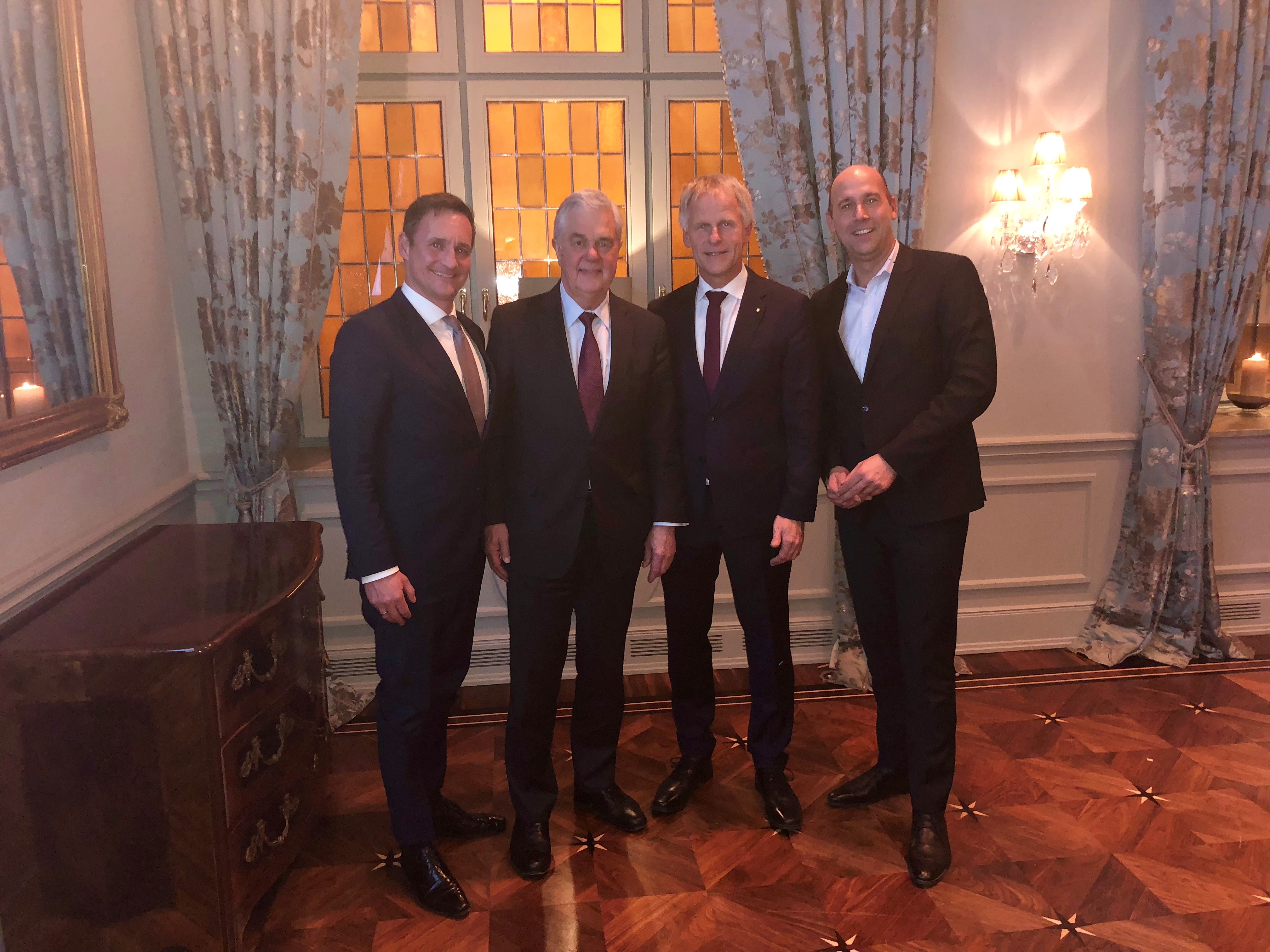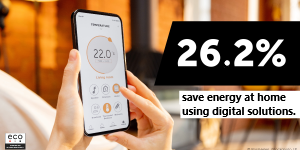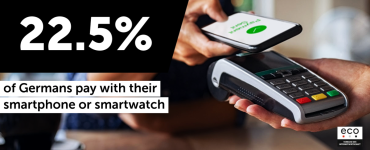- As a smart city, Hamburg is improving the mobility and quality of life of its population.
- The Internet Association eco presents vision of Hamburg’s future
- Senator for Economic Affairs Frank Horch discusses opportunities for networking and digitalization with company representatives
How is the all-embracing interconnected Internet of Things making Hamburg more efficient, progressive, and sustainable? Hamburg's Senator for Economic Affairs Frank Horch discussed development concepts captured under the overarching term of “smart city” with representatives of the Hanseatic city’s companies. eco – Association of the Internet Industry hosted the exchange, which took place on the 21st of February in the Four Seasons Hotel, Hamburg.
“Smart city concepts offer Hamburg opportunities for economic growth and a better quality of life for its citizens,” said Frank Horch, Senator for Economic Affairs, Transport, and Innovation. “Through administrative and business cooperation, we will achieve greater mobility, better air and environmental quality, and ease of access for an aging population”. Further examples of successful smart city concepts are the digitalization of educational institutions and of health care system processes.
Hamburg Harbor as a smart city ecosystem
“We can only solve the challenges of urbanization by working closely with all of the players in politics and business,” stated Oliver Süme, Chairman of the eco Association. As goals for such cooperation, he named intelligent traffic, resource, and energy management in Hamburg.
Jens Meier presented Hamburg Harbor as an example of a successful smart city ecosystem. Through interconnecting different players on the Internet of Things, the “smartPORT” strategy is creating a networked, intelligent port. Lars Riegel of Arthur D. Little went on to present the smart city market as one of the fastest growing sectors, both globally and in Germany. The current study by eco and Arthur D. Little, “The German Smart City Market 2017-2022. Facts and Figures”, forecasts the growth in smart city revenues in Germany to reach around 43.8 billion Euro by 2022 – this corresponds to an average annual growth of 16.5 percent.
A management summary of the study is available free of charge at info@eco.de.




